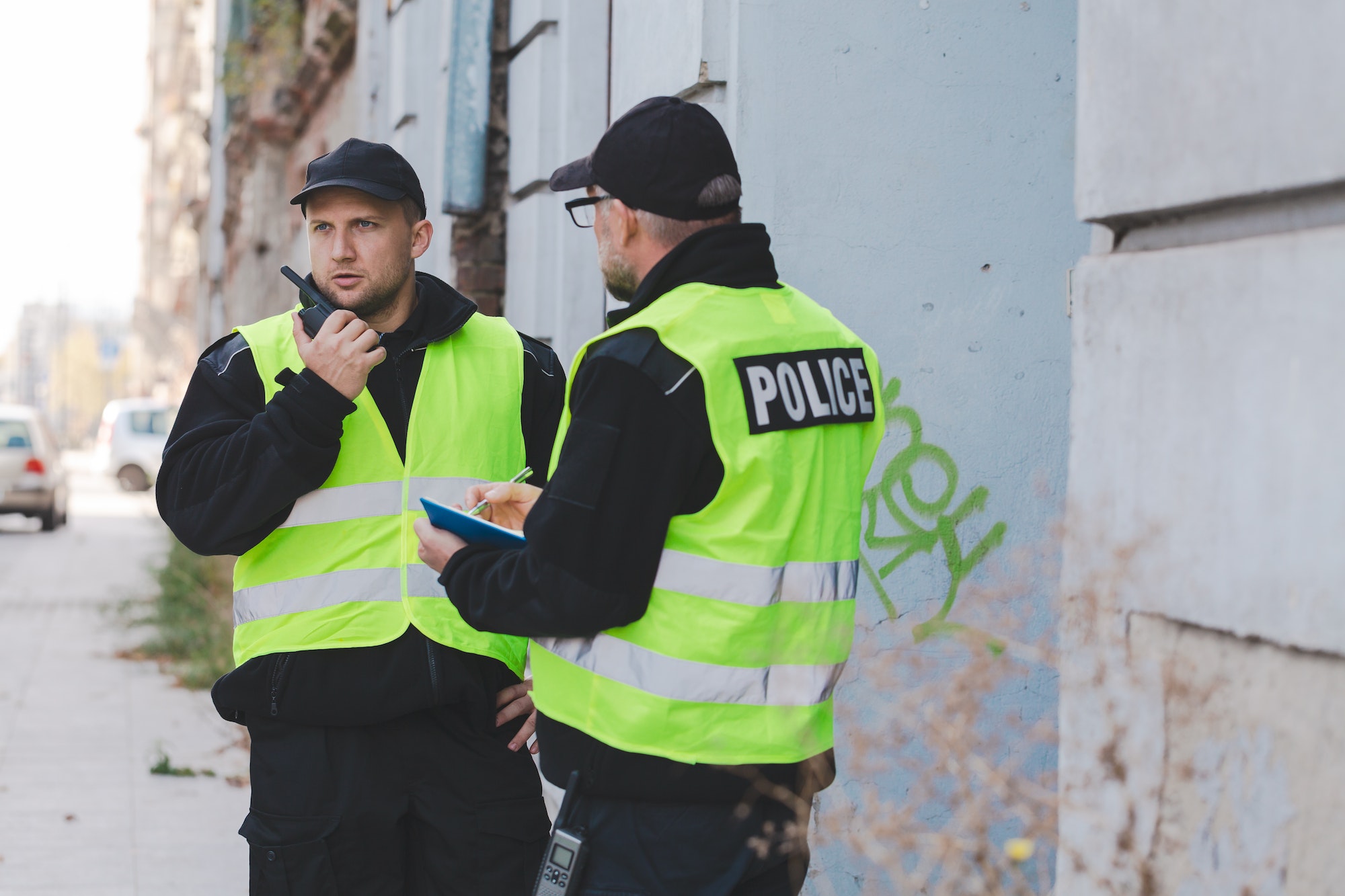The local authorities are a vital part of the government system. They are responsible for providing services to Citizens and Are also Responsible for Managing Public Lands, Roads, and Other Facilities. The Local Authorities are also Responsible for Ensting that the Laws and Regulations in their Area are Enforced. The Local Authorities also have a role in Economic Development and Provide Funding for Various Projects.
- 1 What are the main functions exercised by local authorities?
- 2 What are the main challenges facing local authorities today?
- 3 What are the main areas in which local authorities are responsible?
- 4 What are the advantages and disadvantages of the use of local authorities to manage local questions?
- 5 How can local authorities improve their services?
- 6 What are the main means for local authorities to ensure their responsibility for their citizens?
Local authorities are responsible for setting up and maintaining a pleasant living environment for all inhabitants. The main mission is to ensure the well-being of citizens and to ensure the good management of public resources. In this perspective, they have the obligation to proceed with budgetary control, the definition of budgets allocated to each municipality as well as the distribution of revenues between the various local authorities (municipalities, commune groups and inter -municipal authorities).
Local authorities are also responsible for controlling the respect by private or public persons of the laws in force. They may therefore have to note a breach of the legal or regulatory obligations that weigh on them.
The skills exercised by the local authorities for ensuring the well-being of citizens: regional planning The construction or maintenance of the infrastructure necessary for development The sustainable and rational management of natural resources to ensure good financial management: budget control And monitoring a suitable financial policy for an effective financial stratie to anticipate future general guidelines in tax matters to ensure better social control: administrative control in local elected officials to ensure better cooperation with other institutions: Technical support for permanent relations.
Local authorities are faced with many challenges.
One of the main difficulties is that they have to deal with numerous obligations and requirements, such as the fight against floods, the improvement of the quality of life of their citizens or the protection of cultural heritage. More and more local authorities also have to face the aging of infrastructure and equipment.
The increase in the cost of raw materials is an additional burden for local authorities. They must also manage a growing and diversified population, which often needs to be helped.
Local authorities therefore have an important job to do in order to ensure the well-being and prosperity of their citizens.
The local authority is responsible for the security of citizens. It manages collective equipment, such as schools, hospitals or roads.
The local authority must provide citizens with social services such as social assistance, housing and health insurance.
The major role of local authorities is to guarantee the quality of life and long -term economic development.
Local authorities also manage the public domain. They regulate, for example, road traffic or even collecting household waste.
Examination of the local function of local authorities in developing countries is complex because it involves a large number of actors and social groups which can have divergent interests.
Local authorities are generally perceived as the most effective means of providing services to citizens, but they often come up against the absence of political will or an opposition to the change based on the status quo. It is considered that the management of local problems must be entrusted to the local level and that local communities are best placed to find the appropriate solutions. However, it is difficult to convince this category of actors that there is an alternative solution to national policies and regulations which would not comply with their particular interests.
Most local authorities also tend to favor the public interest in relation to profitable market practices, which makes it difficult to achieve a balance between the public interest and that of the private sector. In addition, certain local authorities tend to ignore local needs in order to promote certain economic sectors or certain specific projects (for example a hydroelectric dam). If you plan to use the municipal authorities to manage your project, make sure they understand your goals.
It is important that they are able to see how your project contributes to sustainable development and what its positive social impacts are on the local population.
Local communities are often criticized for their sometimes unsuitable services.
Local authorities can be considered one of the keys to the economic development of a country, because they represent local structures that bring citizens together and allow them to make their voices heard. Many public policies have a direct impact on the daily life of citizens, such as education and health. To improve local public services, it is important to take into account the following factors: local governance; Funding; Human resources; Operational efficiency.
Local communities have a key role in playing in the context of decentralization.
Local authorities must manage current affairs, while ensuring that citizens have access to essential services. They must also be proactive and anticipate local problems likely to occur to remedy it as quickly as possible. In this context, what are the main responsibilities of local authorities? One of the main responsibilities of local authorities is to guarantee the protection of the individual’s fundamental rights. This implies in particular: ensuring compliance with the right to decent housing; Ensure compliance with the right to drinking water; Ensure compliance with the right to food; Ensure compliance with the right to health; Ensure compliance with the right to leisure and holidays; Guarantee respect for the principle of gender equality and promote equal opportunities; Ensure access to essential public services.
The local authority is a local authority which aims to bring together the human and financial resources necessary for the exercise of the powers of management of local affairs. As part of decentralization, it allows local authorities to administer themselves in a spirit of autonomy and responsibility.




